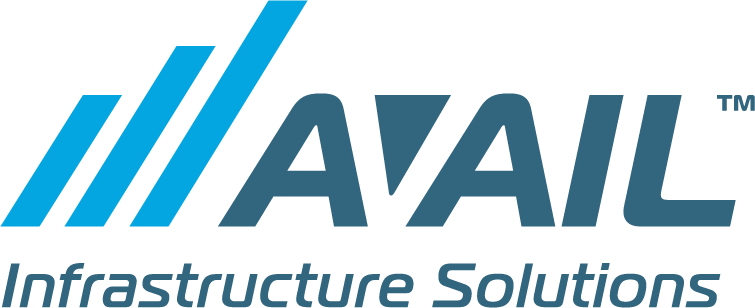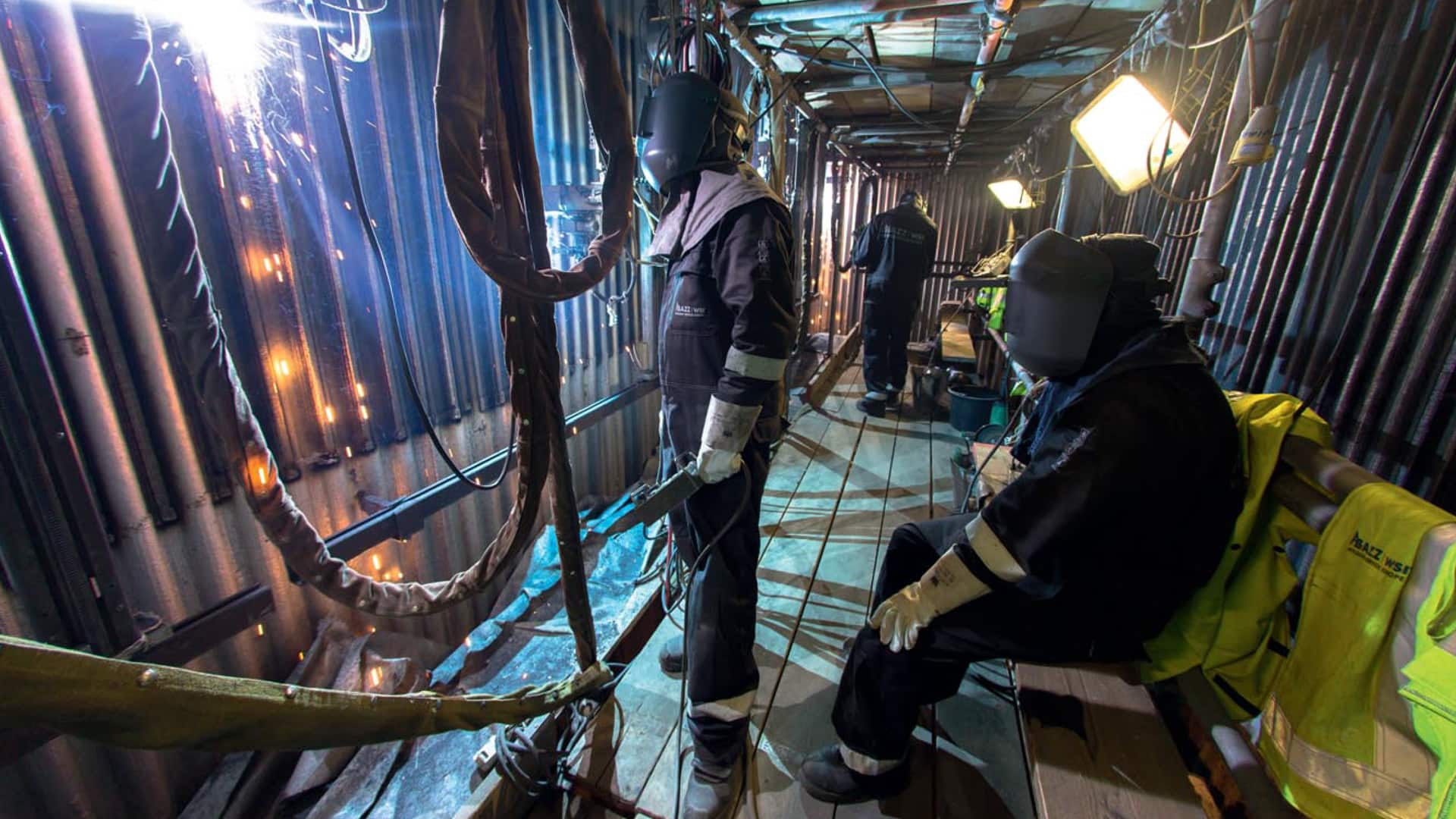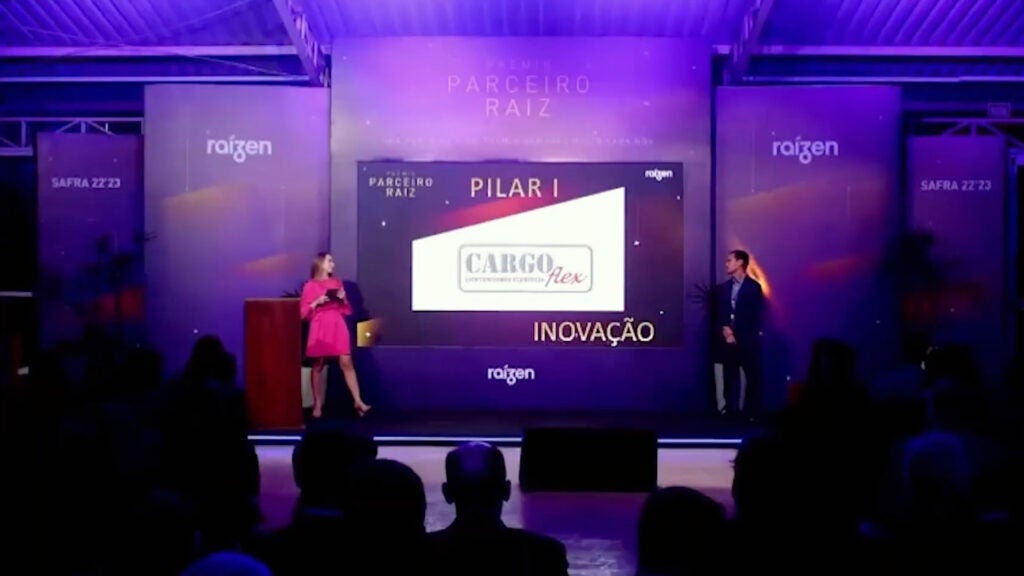In decades past, maintenance professionals often assumed that the boiler equipment was sturdy enough to withstand years without checkups. In fact, it was commonplace for facility managers and maintenance workers to take the boilers off their “to-do” lists. However, today’s standards do not allow for this attitude. Although there are some exceptions, National Boiler Codes require facilities to complete inspections and registration for boilers annually.
As the market continues to demand more efficient equipment, like mod-con boilers, facility managers should consider inspecting boilers and burners twice as often or more. While it can seem time-consuming to conduct these scans more frequently, doing so can save your facility money.
Prevent Shutdowns
While codes require you to check your boilers every year, it doesn’t take 12 months for build-up and other damage to occur. During daily operations, your equipment may start cracking from thermal fatigue, suffer from the infamous high-temperature creep, or see corrosion problems. Some boilers may even have flame impingement damage. The key to keeping these nuisances at bay is to catch them early.
Unfortunately, it’s hard to catch these issues if you aren’t actively checking for them. By the time a complication arises, the necessary repairs may entail a suspension in building or factory operations. While that is a costly enough concept to consider, what if damage is so severe that it requires replacing the boiler altogether?
If you want to prevent expensive equipment shutdowns, it’s important to check your boilers and burners regularly. Spot potential problems before they have a chance to cause significant losses.
Run More Efficiently
In addition to avoiding costly shutdowns, implementing boiler lifecycle management techniques keep your energy costs to a minimum. Boilers are notorious for their tendency to use a lot of energy. Regular checkups and routine monitoring can significantly reduce these costs.
What to Check
Since boilers are large and bulky with many essential parts, it can be hard to know where to start. Compile a checklist to walk you through each inspection. Make sure to record what you see and compare it to previous measurements. This practice can help you catch problems early.
Ensure the following items are on your checklist:
- Water quality
- Piping
- Controls
- Venting
- Combustion air
- Electrical systems
- Fuel-supply piping
Verify that each of these parts functions appropriately and efficiently to keep your employees safe and your bottom line in good shape.
Our Solutions
If all of this sounds like more than you want to handle by yourself, don’t let that get in the way of proper maintenance. WSI has solutions for your boiler. From construction and overhaul to preventative maintenance, we can ensure that your system is in money-saving shape.
We have over 30 years of experience in helping facilities like yours. Our solutions are ASME and NCIC certified and provide optimal protection. Learn more today.














